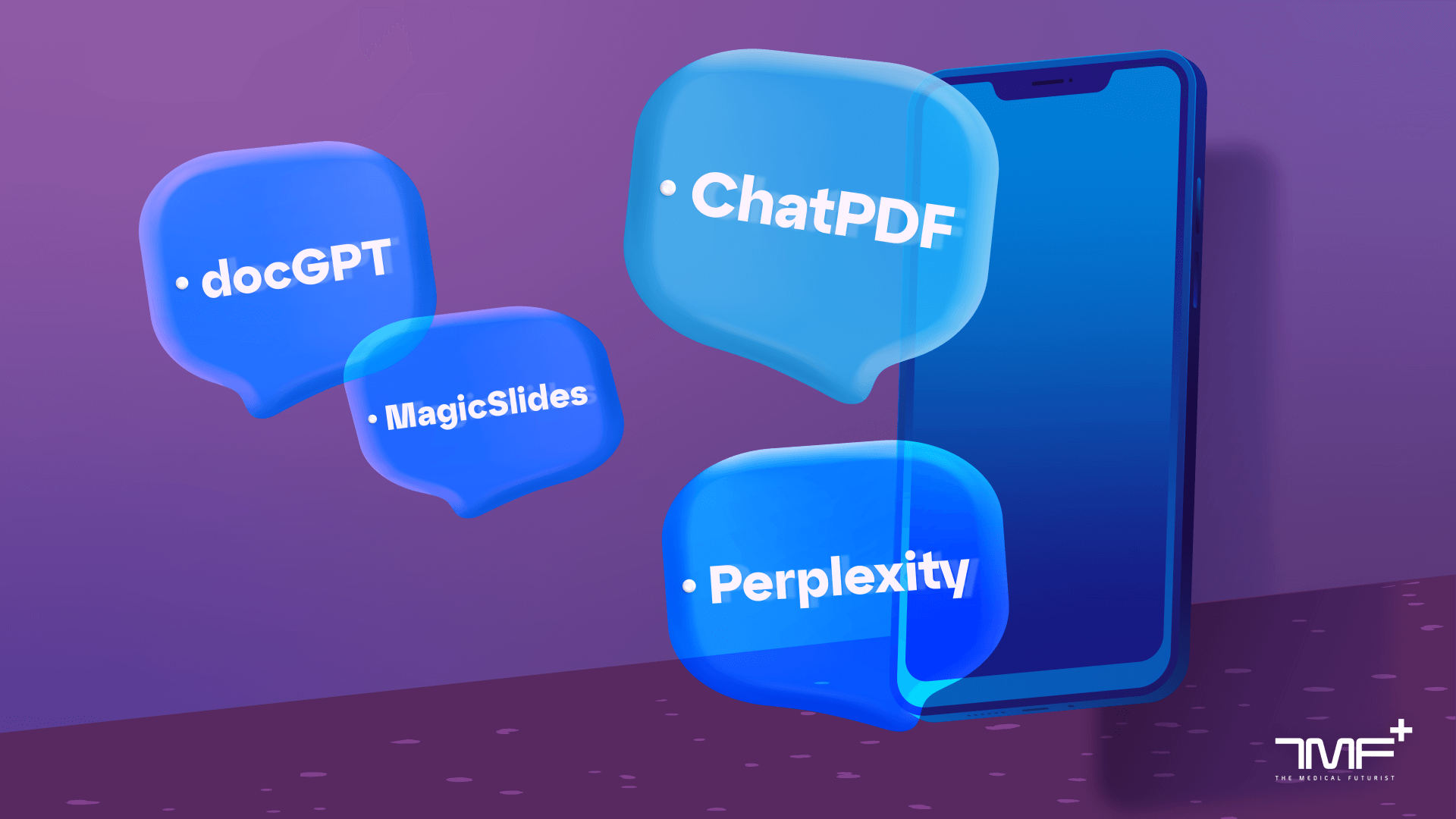
@ShahidNShah


Along with Bard and MedPaLM, ChatGPT has established itself in the field of artificial intelligence. The success of these first-generation language models led to the emergence of a variety of alternatives, such as the open-source project Spark NLP for Healthcare. Our investigation today focuses on different approaches that, while grounded in ChatGPT's tenets, may be useful in the fields of healthcare and research. Although ChatGPT is impressive, it is not without flaws: a knowledge cut-off in November 2021, OpenAI's unilateral control and updates, an iOS-only mobile app, and expensive API-only integration. However, there are dozens, if not hundreds, of ChatGPT substitutes in the huge language model ecosystem, which is growing quickly. Let's investigate some of the other exciting possibilities available.
Continue reading at medicalfuturist.com
Dr. Daniel Kraft is a long-time inventor who received his medical and scientific training at Stanford and Harvard. He has witnessed how technological improvements affect patient care and has given …
Posted Jun 13, 2023 Digital Health Advanced Medical Technologies Patient Care
Connecting innovation decision makers to authoritative information, institutions, people and insights.
Medigy accurately delivers healthcare and technology information, news and insight from around the world.
Medigy surfaces the world's best crowdsourced health tech offerings with social interactions and peer reviews.
© 2025 Netspective Foundation, Inc. All Rights Reserved.
Built on Apr 17, 2025 at 6:07am